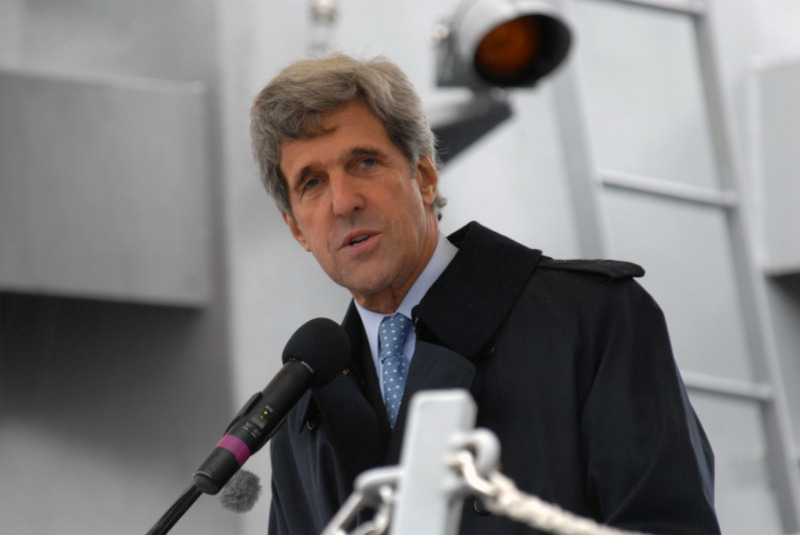

The CIA announced that the Islamic State in Iraq and Syria (ISIS) may have as many as 31,000 active militants. The number is much higher than originally anticipated. The announcement was made right after Obama's speech on Wednesday where he brought up the issue of the U.S. leading a joint strike force to retaliate against ISIS.
The U.S. military has led around 150 air strikes in the Middle East, targeting ISIS militant camps and their heavy weaponry. Despite the numerous operations to neutralize the militants, ISIS still holds strong and recently occupied a number of towns, where they kept fighters to control the area and persecute ethnical and religious minorities including Christians. Even now, Muslims and Muslim converts from all over the world are leaving their homes and travelling to the Middle East to join ISIS and fight for their cause.
Meanwhile, 10 Arab nations have agreed to help the U.S. in the war against terrorism. The countries include Egypt, Iraq, Jordan, Kuwait, Lebanon, Oman, Qatar, Saudi Arabia and the UAE (United Arab Emirates). Other nations including the United Kingdom have been providing humanitarian aid for Iraq, and the U.S. has been supplying Kurdistan forces in Iraq with American weapons and military advisors.
"The region recognizes the danger that has been unleashed and they are full-throatedly ready to deal with that and that is why they committed today to take the actions they have committed to." said John Kerry, the U.S. Secretary of State after a meeting with the representatives of the 10 Arab nations in Saudi Arabia.
It appears that the Obama administration's "broad coalition" against ISIS which he mentioned in his most recent address to the nation on Wednesday is slowly starting to reveal itself. It is believed that the Arab countries that agreed to cooperate with the U.S. have pledged to provide both military and diplomatic aid in countering the Islamic State. However, like the U.S. the Arab states maintained the position that they will not be employing ground troops in the conflict.
Meanwhile, the rest of the western world has shown mixed responses toward the coalition, reports Kuk-min Ilbo. While France has agreed to undertake its own air strikes in Iraq, other states like Germany or the U.K. have either stated that they will not directly intervene in the conflict or have not been very clear with their positions. Most of the E.U. states did not appear very optimistic towards the idea of spreading U.S. and European intervention to Syria, however.


















